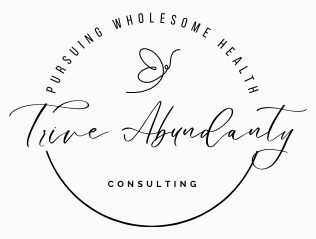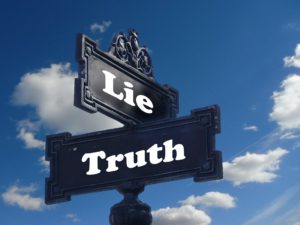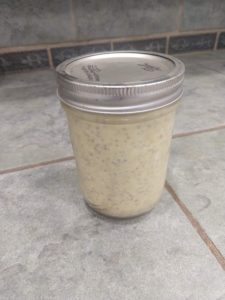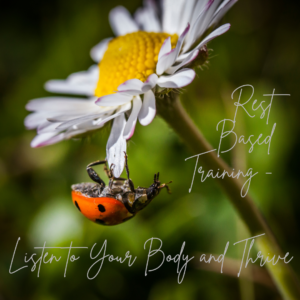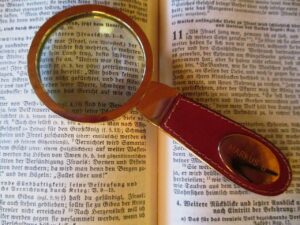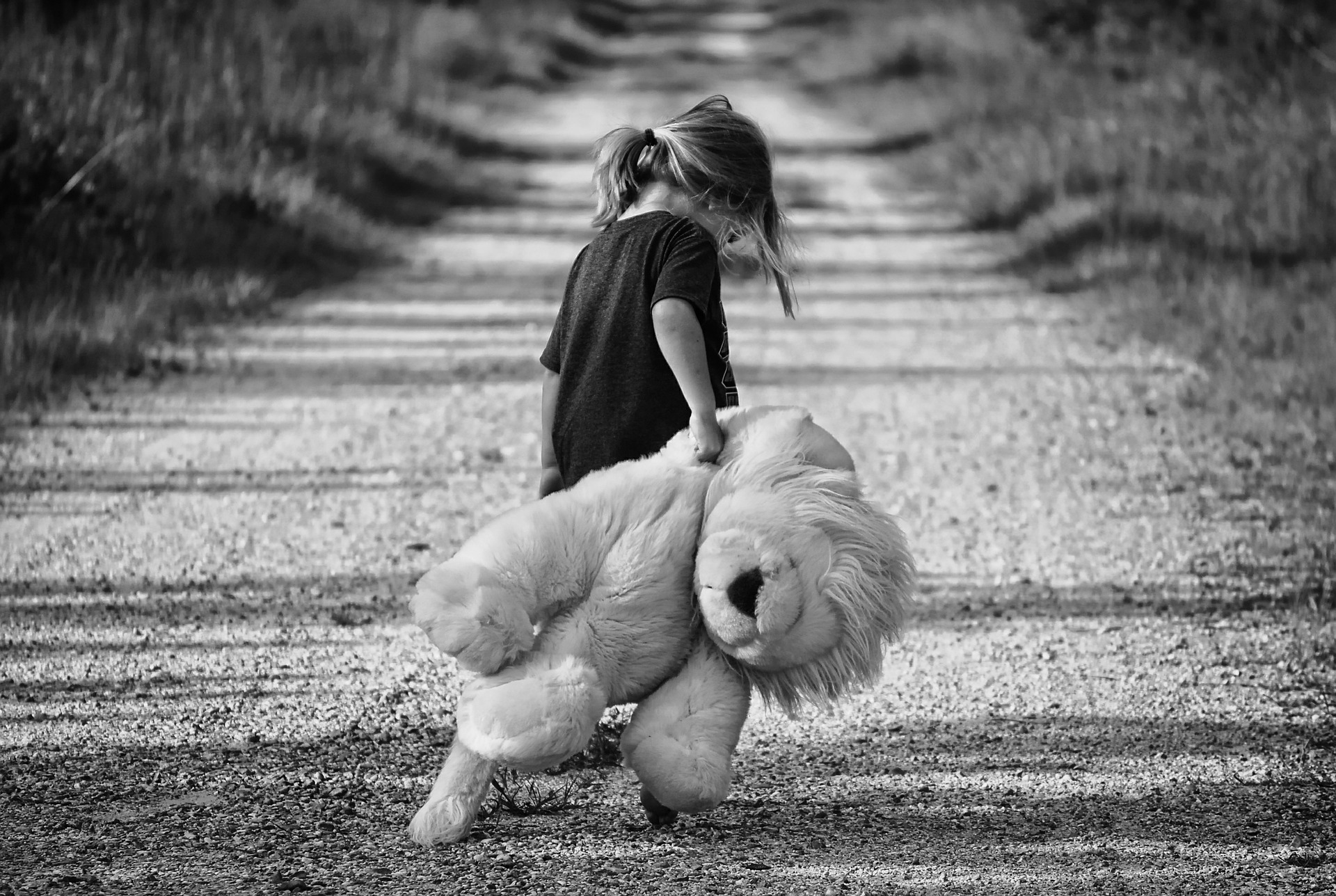This is post 22 in the Living Fully Alive blog series. Please consider reading the posts in the order they were published for the best learning experience.
In this post we will look at an example of what Justin’s relationship with himself looked like, how he discovered it, and how he processed from a negative to a nurturing and supportive relationship with himself.
During session 7 Justin shared his story of how he used to treat himself. He said that all his life he had struggled with the idea that he was never going to be successful. It sounds like it wasn’t just a lie he believed, but he actively accused himself saying “you will never be successful”. One day he finally decided to investigate where this thought had originated. He discovered it was not his parents; they had always been encouraging and affirming him and telling him he was powerful and would be able to do anything he wanted to do. He then reviewed his high school years, and it turns out he could not find a single person who had ever told him he wasn’t going to be successful. In fact, he graduated at the top of his class. Same story in college. His friends and professors both were convinced he would go far in life. He finally caught his own eyes in the rear-view mirror while driving his truck one day and realized these ideas had been planted into his thoughts by the accuser and he had partnered with them. This started a reconciliation journey with himself. He suddenly realized that the person looking back at himself in the mirror was a human, made in the image of God. He realized he had been abusing himself, abusing this precious person God had made in his own image and sacrificed everything for. He also realized he had been criticizing God’s handiwork.
As he became aware of all this, he began a journey of taking responsibility for all the times he had hated himself and rejected himself in the past. He listed all the times when he wished he had been different than he was. He was speaking as grown up Justin to little Justin, beginning to reconcile with little Justin by apologizing and asking for forgiveness.
Being in the beginning stages of learning to connect with what I say to myself, I find this experience very helpful. It shows me that not everything I believe about myself is going to be a direct or indirect result of people and what they did or didn’t say in my life. There is a good possibility that I have paid attention to lies spoken directly by the enemy, and they have become beliefs about me that I attack myself with. I have plenty of beliefs and ideas I can track down to being due to someone having affirmed or not affirmed me. But what other things are there, left open, not attributed to anyone? Do you remember in the first couple of weeks of class we were talking about the prover, about projectors and belief systems? One of the assignments was to investigate what our prover says about our belief systems and then try to find out where that belief system was first formed. I think I need to go back and spend some more time making a more thorough list of what my prover shows and find out if I can find an origin for any of them or if there are some that, like Justin, came directly from the accuser. Additionally, this list needs to also include what my prover shows I have been either telling myself or how I have been treating myself.
You’ve heard the statement that we are hardest on ourselves. I’m sure Justin never would have told anyone else that they were never going to be successful, that they were a failure, etc. Why do we do it to ourselves?
Abi shared the story of a person she mentored who had been terribly abused. She was adamant that she would never treat anyone like she had been treated. Abi was able to get her to see that in fact, she did treat herself with that kind of abuse. Realizing that we are a human being, that the person looking at us in the mirror is a person, is instrumental in beginning a healthy and kind relationship with ourselves. God is not ok with abuse in any form. God doesn’t think it’s ok for me to treat myself in an abusive way as long as I don’t treat others that way. If you think about it, he is trusting you with yourself and he does not want you to abuse the one person he gives you authority over. If I abuse myself, I am being abusive to one of his kids. It makes me take another look at my perspective. I need to see myself as equal to all others. I have the same value – remember the glowing, vibrant ball?
I loved how Justin said that one of the greatest acts of worship is to love and honor the person in the mirror. It makes so much sense. If I criticize what God has made – me, I don’t honor him and tell him that I know better than him. But if I treat myself honorably, I tell Him I know he knew what he was doing, and I take good care of and honor what he has made.
When I am at odds with myself in any way, I am not aligned with the purposes Jesus came for. He brought the ministry of reconciliation, reconciliation with the world to him, but also us to ourselves.
Let’s look at God’s idea of relationship.
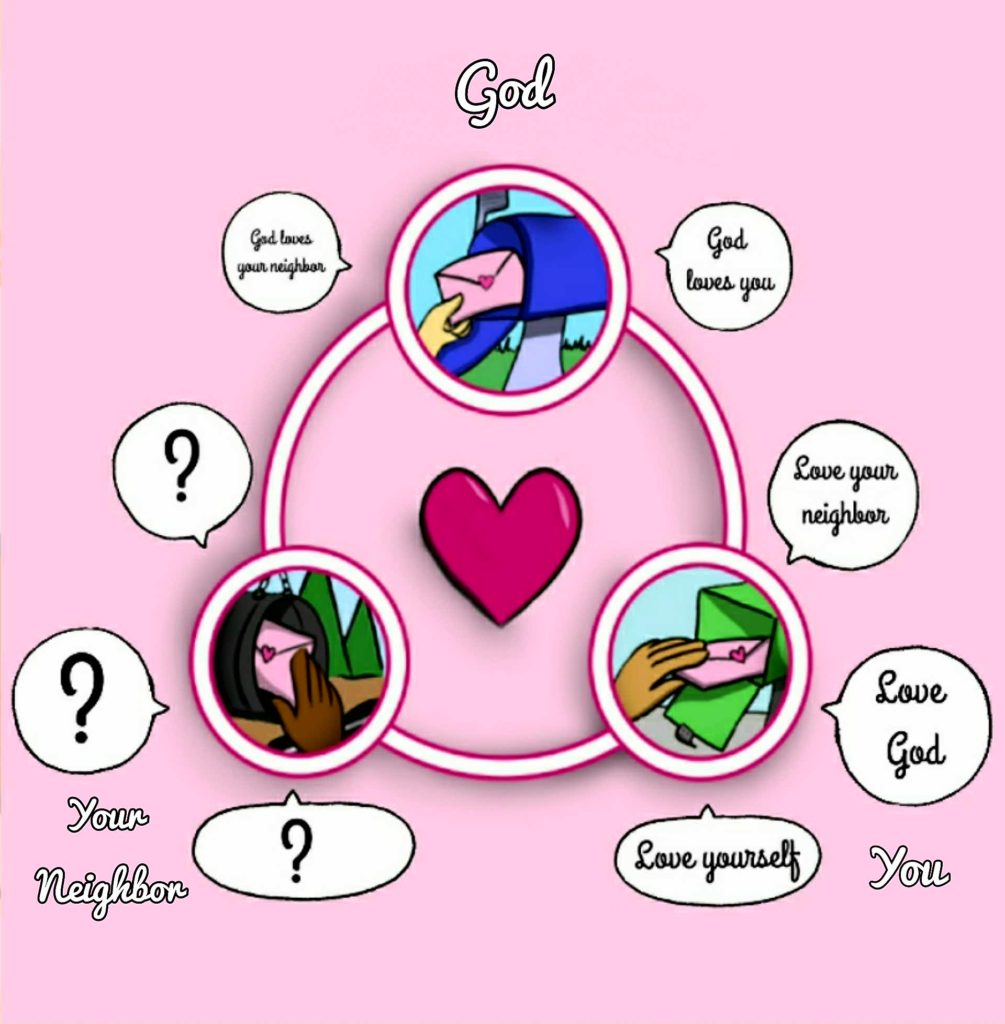
Copyright 2019 Miriam Hosoda
God set it up as the two most important commandments. First we are to love him. If we love him, aren’t we supposed to love what he loves? That means we love ourselves, because he loves us.
Our love for others is our grateful response to the love God first demonstrated to us. 1 John 4:19
Secondly, we are to love our neighbor as we love ourselves, and we are to love ourselves as God loves us. Lots of love all the way around, all coming from God. If you love your neighbor without loving yourself, you are co-dependent. If you love yourself without loving your neighbor, you are narcissistic. Both those loves are fake versions of love, they are not the real thing. The balance is absolutely essential for a harmonious whole. Loving myself is not selfish. It is a command. Because God knows it’s necessary.
When my daughter was creating the graphic for this concept, she asked me, “What if the neighbor does not receive love from God and love himself and others as himself?” That is the big variable in life. God has a perfect design. His design and mandate do not change simply because someone opts out. Some neighbors will be a pleasure to love, others will be a challenge. That is why she created question marks for the neighbor, just to illustrate that variable.
On the journey to having a loving and nurturing relationship with ourselves, it is helpful to understand a thing or two about self-compassion. A helpful tool in learning to have self-compassion, and understanding what it is and how to use it, Abi compared God’s age to ours.
When Abi began talking about how old God is, something clicked for me. It’s funny how she answered the question: He is forever old. Even if I grow to be 100 years old, I will still be more like a baby than a grown up to him. In comparison to his everlastingness, I will always be a little one to him. I have always struggled thinking of myself as precious or adorable, when others speak about how God sees us. It is easy however, to look at a picture of me as a three-year-old and gush, ‘she is so cute, she’s adorable, gorgeous, I cannot imagine being hard on her in any way’. Seeing myself as a little one really helped me. As that little one. We were encouraged to see ourselves as a little one as we begin the reconciliation process. We naturally extend compassion to little ones. We see their childlike innocence and connect with them in a much more nurturing and compassionate way than we do with grown-ups. To make it easier to have self-compassion, we can connect to our own childlike innocence years, before judgment entered our lives.
I wouldn’t be hard on a little three-year-old cutie and tell her she should have known better, or been better, or tried harder. It would not cross my mind. I would praise her and encourage her for having tried. Why should a little one know it all? Truth be told, they know practically nothing. Why would I hold her accountable for things she can’t even understand? She can’t have all the answers, and I would not expect her to. So why should I expect it of myself?
I remember how I was cringing at myself when I looked back now being in a 15 year older and wiser place with some parenting experience under my belt, to the years when I was a new teacher and realizing how I wished I had handled some things differently. Holy Spirit was kind to me and reminded me I didn’t know then what I know now, and that I did my best with what I had at the time. I am grateful for him arresting my thoughts then. I realize I need to go on a journey and do this for myself for any other instances where I feel I should have done better.
I am of the kind of personality that when someone says, ‘do something as hard as you can or as fast or as this or that’, I always think I could have done even better. I can hardly ever, with no hesitation, say that I have done my absolute best. Because to me absolute best really means perfect. I realize that is not what it means. I have a lot of redefining to do.
This self-compassion idea is a rather big and unknown territory to me. I wonder if it is for you too? Before I move on to the last section of this session, I want to take some time and identify some areas where I have not been kind to myself. Areas, where, if I put a little cute girl in place of me, I would never have pushed her or driven her the way I have myself. Then I need to ask myself what would be a compassionate way I could respond to that little cute girl, instead of what I did in each of the memories that come up. This will set me up and make me ready for the self-forgiveness and reconciliation part of the next post. How about you?
To learn more about the Living Fully Alive Course, please click the hyperlink.
